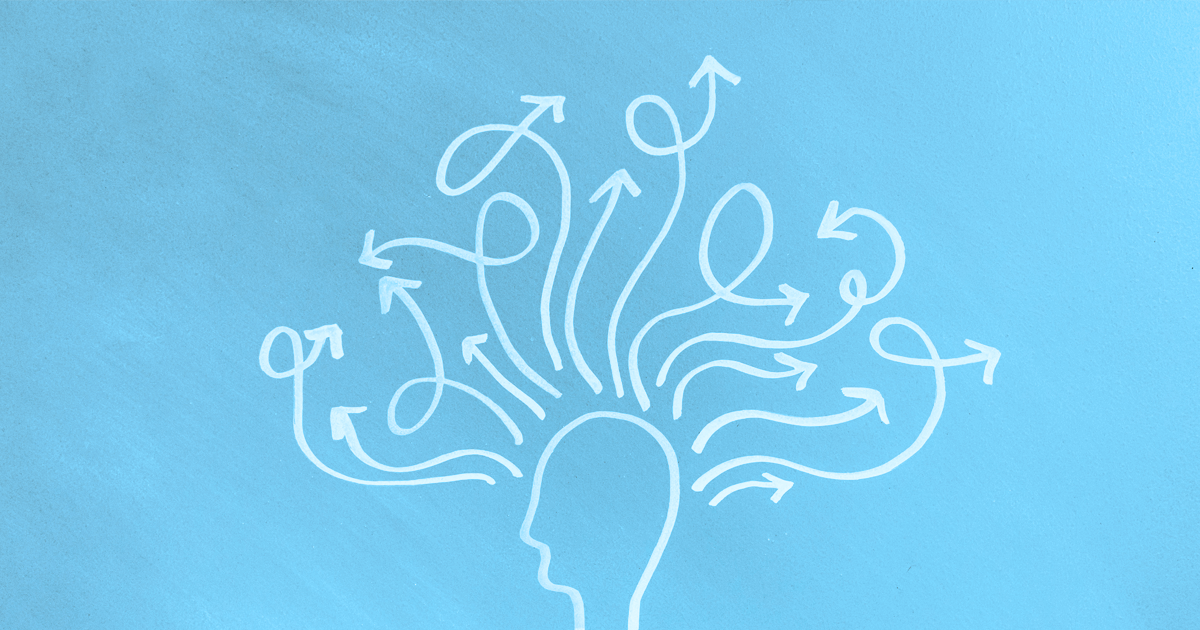Debt can be a significant source of stress and anxiety, affecting many Canadians in various ways. Recent studies suggest that women may be more vulnerable to the negative mental health effects of debt than men. Here’s what you need to know about the effects of debt on women’s mental health, based on recent studies and research.
A 2019 study published in the Journal of Women’s Health found that women who reported high levels of debt stress were more likely to experience symptoms of depression and anxiety than men who reported similar levels of stress. The study also found that women who reported high levels of debt stress were more likely to experience physical health problems, such as headaches and stomach problems, than men who reported similar levels of stress.
Another study published in the Journal of Family and Economic Issues in 2020 found that women who reported high levels of debt stress were more likely to experience psychological distress and symptoms of depression than men who reported similar levels of stress. The study also found that women who reported high levels of debt stress were more likely to engage in unhealthy coping strategies, such as binge drinking and drug use, than men who reported similar levels of stress.
These studies suggest that debt-related stress can have a significant impact on women’s mental and physical health, and may be linked to unhealthy coping strategies. The gender wage gap, differences in financial literacy, and other factors may contribute to this disparity.
If you’re experiencing debt-related stress, it’s essential to seek help from a qualified professional. Financial counseling, therapy, and other resources can help you manage your debt and develop coping strategies to reduce stress and improve your mental health.
Recent studies and research from Canada and the United States suggest that women may be more vulnerable to the negative mental health effects of debt-related stress than men. If you’re struggling with debt-related stress, seek help and support to manage your stress and improve your overall well-being.
Additional Resources:
Suicide Prevention Hotline – 1.833.456.4566.
Calgary Counselling Centre – Open to all Albertans
Canadian Mental Health Association
Read more about mental health and debt on our site:

















